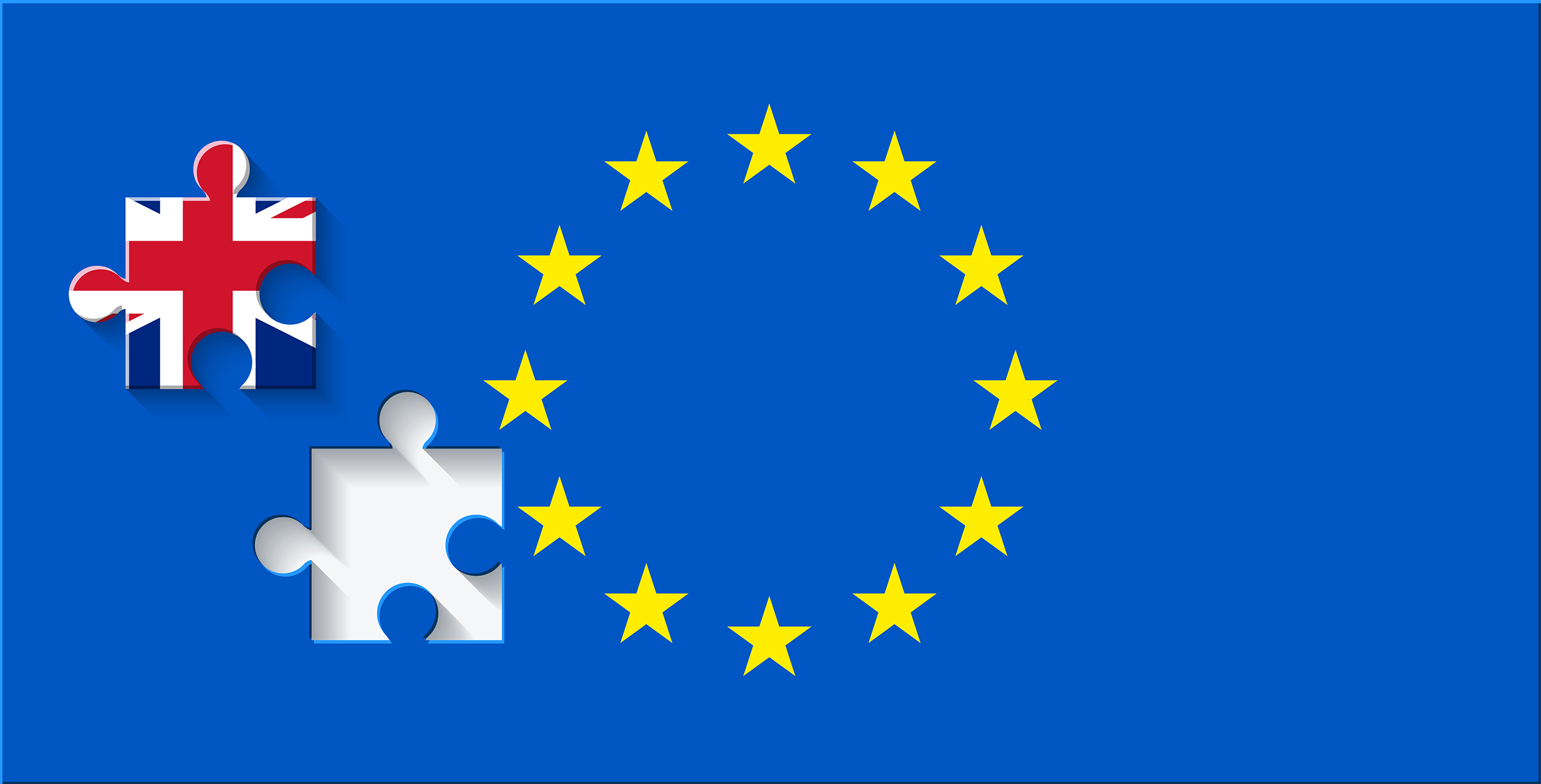Despite Brexit, UK to join EU patent - biotech pleased

The UK government has made the surprise to decision to join a new EU single patent and patent court - despite its plans for Brexit.
The UK had been one of the leaders in the creation of the new Unitary Patent and Unified Patent Court (UPC) and the main court itself had been planned to be sited in London.
The new system will allow a new streamlined patent covering 25 of the 28 European Union countries, but after the June referendum vote, most expected that the UK would not sign up to the system.
This is because it is assumed that the UPC can only be for EU member states.
But after five months of uncertainty, the British government has confirmed that it will ratify the agreement – apparently happy to add the UPC to the already huge number of EU laws and regulations from which it will have to disentangle itself when it leaves the EU.
It now looks likely that the court will indeed be sited in London, and could be operational by late 2017.
While the UK’s membership of the agreement may only be temporary, many of the UK’s R&D-focused sec tors, including pharma and biotech, have welcomed the decision.
The new regime will allow businesses to protect and enforce their patent rights across the European Union in a more streamlined way , via the single patent and through a single patent court.
The UPC is not an EU institution in itself, but an international patent court. Nevertheless legal experts say that membership had been assumed to be restricted to EU members only.
Commenting in his blog, Alan Johnson, a partner at UK law firm Bristows said the decision was a ‘major surprise’, as remaining part of the system would involve recognising the supremacy of EU law and the Court of Justice of the European Union (CJEU).
The UK government has wanted to secure a long-term deal to take Brexit into account before signing up to the single patent - without ratification from all 25 members, the court cannot go ahead. But with no such agreement having materialised, the UK has agreed to ratifying the court, and will hope to reach a settlement in the future.
In a statement on the decision, UK Minister of State for Intellectual Property, Baroness Neville Rolfe said: “As the Prime Minister has said, for as long as we are members of the EU, the UK will continue to play a full and active role.”
She added: “We will seek the best deal possible as we negotiate a new agreement with the European Union. We want that deal to reflect the kind of mature, co-operative relationship that close friends and allies enjoy. We want it to involve free trade, in goods and services. We want it to give British companies the maximum freedom to trade with and operate in the Single Market - and let European businesses do the same in the UK.”
The decision comes amid growing political debate in the UK about how Brexit can be achieved, with opinion split between a ‘soft’ and a ‘hard’ Brexit – with those calling on it to be halted also renewing their efforts.
Theresa May’s government remains committed to Brexit, and is challenging a court ruling saying that Parliament must be allowed to vote on the process. The government says the new decision on the UPC should not be seen as “pre-empting the UK’s objectives or position in the forthcoming negotiations” with the EU.
The UPC needs to be ratified by the UK parliament and Germany, something which could happen by early 2017. Bristow’s Alan Johnson says that a likely start date for the new court is October 2017.
However, the UK may well have to leave the agreement again, depending on how the Brexit negotiations unfold.
Welcomed by UK biotech
The announcement has nevertheless been welcomed by the UK biotech industry association the BIA.
[caption id="attachment_20555" align="alignnone" width="288"] BIA chief executive Steve Bates[/caption]
BIA chief executive Steve Bates[/caption]
“Being able to protect intellectual property is vital for life science companies and is often the key value in emerging bioscience companies,” said BIA chief executive Steve Bates.
"This will provide the option for businesses to save time and money, which will be of particular benefit for SMEs, as they will be able to register their patents across the participating countries at reduced cost and enforce them through a centralised court system rather than multiple local courts.
“The Central Division of the Court with responsibility for life sciences cases will be based in London, further cementing the UK’s position as a primary destination for investment."
Bates concluded: "The involvement of the UK judiciary with their significant expertise will also be a major advantage to the new system.”
The BIA is now urging for a long-term deal to be struck to allow continuing membership for the UK post-Brexit, or otherwise clarify ‘transitional provisions’ if it has to leave the system.
Bates stressed that the UK would remain a leading international centre for intellectual property law regardless of the eventual Brexit outcome. However despite these remarks and those of the government minister, it is clear that the UK could be at a long-term disadvantage of being outside this single patent system.











